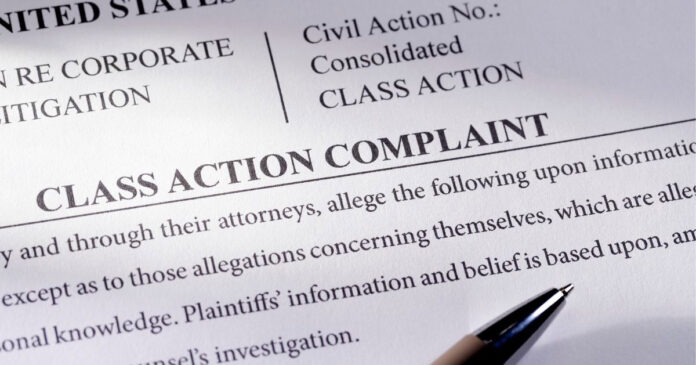Apple will pay $95 million as part of a settlement of a class-action lawsuit based on Siri, its voice assistant. The case, which was governmentally referred to as the Lopez Voice Assistant Settlement, was constituted once users complained that Siri had been making private records without their consent. These recordings are purportedly inadvertently activated voice commands and, in some cases, contain sensitive personal information. Although Apple has denied any wrongdoing doing the company opted to settle the issue so as to avoid a protracted legal battle. The agreement should be a compensation to eligible U.S. users who might have been victimised by these alleged privacy infringements between 2014-2024.
The Siri Privacy Allegations
The suit first came out in 2019, after users complained that Siri used to activate inappropriately and start recording conversations. According to the reports, the problem was said to be because Siri was triggered by words or sounds that sounded alike “Hey Siri”, which used to record private talks. According to the plaintiffs, such recordings were subsequently sent to third-party contractors for review, without the knowledge or consent of the user. This created great concerns for privacy, particularly on the issue of managing, storing, and if any, sharing voice data. Even as Apple claimed it had improved Siri’s privacy controls over the past few years, the case dragged on until a settlement was reached.
Also read: BART Trains Shut Down All Trains in Bay Area
Who the Settlement Covers
The settlement covers U.S. residents as well as U.S. residents who owned or purchased Siri-enabled Apple devices from September 17, 2014, through December 31, 2024. It also includes users who encountered Siri activation when it was not intended to be in a private moment. The list of applicable devices is quite wide and consists of recent iPhones, iPads, Apple Watches, MacBooks, iMacs, HomePods, iPod Touch, as well as Apple TVs. If, during the time in question, you used any of these devices, and you think Siri might have recorded you unwittingly, you are paid according to the terms of the agreement.
Potential Compensation for Users
Users who meet the criteria for the settlement may be eligible for a financial payment of $20 per device. The cap on the maximum that a single user can claim is $100 for a maximum of five devices. The last amount paid to each claimant can differ based on the total number of claims that are submitted and approved. If the total number of files exceeds what is expected, people will receive less in payments personally. The objective behind the settlement is to provide adequate compensation to any affected users of Apple gadgets, in case they have experienced any breaches concerning privacy.
How to Submit a Claim
All those who want to take part in the settlement have to go through the claims process on the official website. Claimants will have to submit information about their personal contact details and about the Siri-enabling devices they used. Some of the users may have been sent via email or through a mail claim code, which could help accelerate the verification process. In some cases, additional documents such as purchase receipts/ serial numbers may be requested to back the claim. All claims, to be made by 2nd July 2025, will be heard in a final hearing concerning the settlement on the first of August 2025. Payments will only be made after the approval of the court and the issue of appeal is settled.
Apple’s Response and Privacy Updates
Apple has not taken liability, but it has realized the need to trust users and has changed its privacy settings in Siri since the time the suit was instituted. Users now have an option to unsubscribe from having Siri store or share voice recordings. In addition, Apple also adopted more secure storage systems, and it has become more transparent concerning the way in which Siri collects and utilizes the voice data. The changes are meant to help win back user confidence in the way that Apple treats users’ personal information and reflect intensifying popular expectations in the realm of digital privacy.








